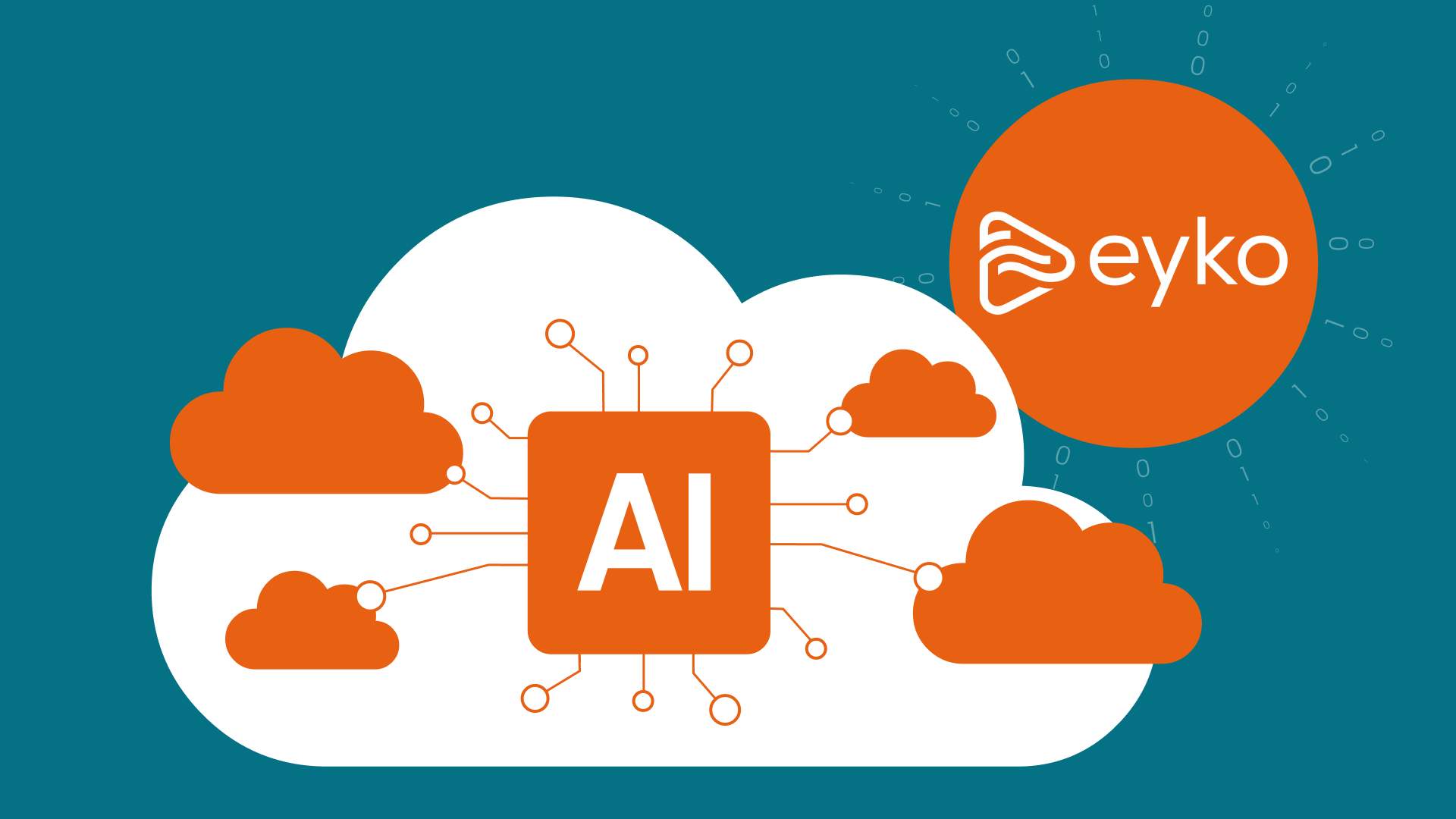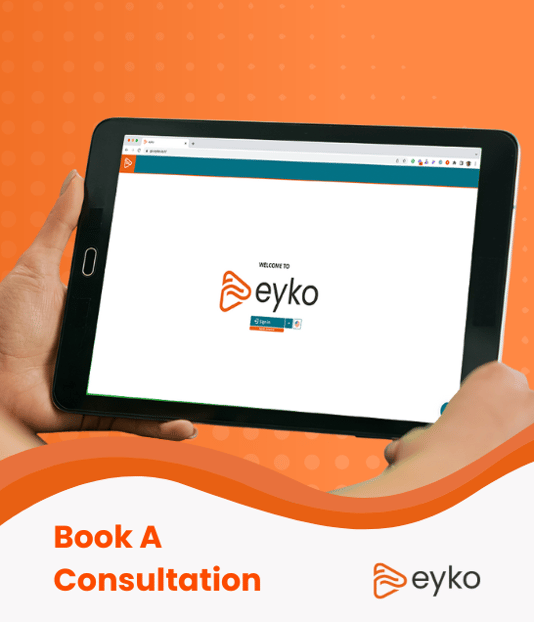When you've Outgrown Microsoft Excel
Have you outgrown Excel?
Like many fast growing or mid-sized organizations with SaaS and on--premises applications, you may be grappling with Microsoft Excel® or Google Sheets to manage your operational reporting. You are downloading CSV files and stitching them together in Excel workbooks, which may have historically worked but the process is now brittle, prone to errors, hard to maintain and doesn't scale. When organizations outgrow their ability to stay on top of multiple data sources they resort to data marts or data warehouses. The problem is that most data warehouse projects fail, go over budget, and take too long. They also require outsourcing and special skills.
The good news is... you don't need a data warehouse!
In today's data-driven world, organizations are increasingly recognizing the importance of leveraging comprehensive data analytics to drive strategic decision-making. One powerful solution to enhance data utilization is adopting a solution like eyko, which seamlessly connects to multiple data sources to create cohesive reports and generate AI-driven insights. Unlike the traditional reliance on disjointed Microsoft Excel files and CSV downloads from source systems, eyko offers several compelling advantages that make it an essential tool for modern businesses.
Firstly, eyko's ability to integrate various data sources into a unified platform addresses one of the most significant limitations of Excel: data fragmentation. Excel files are often scattered across different departments and systems, leading to data silos that hinder a holistic view of organizational performance. eyko, on the other hand, consolidates data from diverse sources such as databases, cloud services, third-party applications, and even Excel or Sheets files. This integration ensures that all relevant information is accessible in one place, providing a comprehensive and accurate picture of the business landscape.
Secondly, eyko eliminates the need to define a data warehouse with complex data transformation jobs. eyko's virtual data warehouse automatically designs itself around the multiple data sources the business users connect to, load, and build reports with. Once the connections are established, eyko detects the links and synchronizes the data across multiple systems while also cleaning the data to ensure standard fields for reporting and analysis.
Thirdly, the automation capabilities of eyko significantly enhance efficiency and reduce the risk of human error. Manual data entry and consolidation in Excel are not only time-consuming but also prone to mistakes, which can lead to flawed analyses and misguided decisions. eyko automates these processes, ensuring data is updated in real-time and eliminating the potential for errors associated with manual handling. This automation not only saves time but also enhances data accuracy and reliability, which are critical for making informed decisions.
Moreover, eyko leverages advanced AI algorithms to uncover insights that are often missed when using traditional Excel-based analysis. These AI-driven insights can identify patterns, trends, and correlations within the data that might not be immediately apparent through manual analysis. By providing predictive analytics and actionable recommendations, eyko empowers organizations to proactively address challenges and capitalize on opportunities, thus driving better business outcomes.
Another significant benefit of eyko is its collaborative capabilities. In contrast to Excel, where sharing and version control can be cumbersome and lead to inconsistencies, eyko offers a centralized platform where multiple users can collaborate seamlessly. Stakeholders can access, analyze, and contribute to the same set of data in real-time, fostering a collaborative environment that enhances decision-making processes. This collaborative approach ensures that everyone in the organization is on the same page, facilitating more coherent and strategic planning.
Lastly, eyko's scalability and flexibility make it a superior choice for organizations of all sizes. Excel may suffice for small-scale data tasks, but as data volume and complexity grow, it becomes increasingly unwieldy and inefficient. eyko is designed to handle large datasets and complex analytical tasks, providing scalable solutions that grow with the organization. Its flexibility allows businesses to customize their data integration and reporting processes to meet their specific needs, ensuring that the platform evolves alongside their operational requirements.
Another important point is that eyko still provides users the ability to work in Excel but on top of data that is curated via the process of blending data from multiple systems in the eyko platform.

eyko is the end to end tool for business users
While Microsoft Excel has long been a staple for data analysis, the evolving business landscape demands more robust and integrated solutions like eyko. By connecting to multiple data sources and providing AI-driven insights, eyko addresses the limitations of Excel – as you begin to scale your organization – offering enhanced data consolidation, automation, insight generation, analysis, and scalability. Organizations looking to stay competitive and data-savvy should consider transitioning to eyko instead of going down the data warehouse path.
Share this
You May Also Like
These Related Stories

What is Virtual data warehouse?

Virtual Data Warehousing: Transforming Multi-Source Analytics

